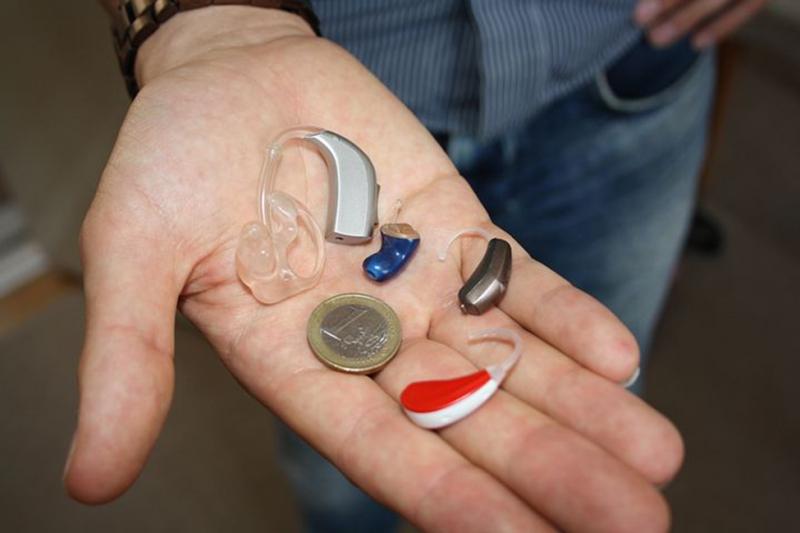5 Signs You May Need to Have Your Hearing Checked

Photo Courtesy of Pixabay.com
Hearing is crucial to understanding and interpreting the sounds around you. As we age, there is a natural decline in our hearing that can be difficult to detect at first. Most hearing loss is recognized by others due to external signs. When your hearing loss is gradual, it can be challenging to determine how well you are hearing.
For most, the idea of wearing a hearing aid device is unpleasant. However, with the advanced technology of today, it’s possible to get a hearing aid that is both comfortable and subtle. You will need to see your hearing specialist determine if you need to be fitted for a hearing aid.
A visit to HearCanada can help you determine the nature of your hearing loss and find a solution that fits your needs. If you are tired of turning up the TV volume, not being able to hear conversations, and ringing your ears, it's time to get some help. Let’s take a closer look at a few signs that tell you it’s time to check your hearing.
High Volume
It is common for people to crank up the volume on televisions, phones, and stereos when they have hearing problems. It's a signal to have your hearing tested if you keep the volume high. A simple, almost unconscious way to compensate for hearing difficulties is to make noises louder.
Ringing
Tinnitus causes ringing noise or sensation in the ears. There are two types of noise: a frequency sound or ringing, and static, like a buzz. The condition of tinnitus occurs when loud noises damage the ear. Continual tinnitus is aggravating. Hearing ringing in the ears is often accompanied by hearing loss.
Vertigo
An individual with vertigo feels dizzy or disoriented. It's common to get vertigo when seeing things from an extreme perspective, but when you are standing on solid ground, you'll need your ears looked at by a professional. Fluid in the inner ear plays a significant role in our ability to balance. Sound is also perceived by small hairs deeper inside the ear where it connects your hearing with your external balance.
Loss of Direction
To interpret a sound, we need to be able to identify the proper source. We can identify the position of sounds by determining the minute time delay that occurs between each ear's perception of sound. Using that delay, our brain triangulates the noise source and provides an accurate portrayal of where the sound is originating. Our brains can't position sound if one ear can't detect it, which makes noises sound disembodied or strange. When hearing noises around you are confused about where they originate, it may mean that one of your ears is struggling to hear properly.
Difficulty Hearing Conversations
A hearing test is worth getting if you frequently ask people to repeat themselves or speak louder. When you suffer from hearing loss, you may be able to listen to words, but the words will sound muffled or unclear. You may believe you can hear acceptably, but the world is murmuring around you. If you find that you constantly have to ask people in conversation to repeat themselves, it's essential that you have your hearing tested.
If you recognize any of the hearing loss issues we have explored here, it's likely time to have your hearing tested.
More to Read:
Previous Posts:
Next Posts:




